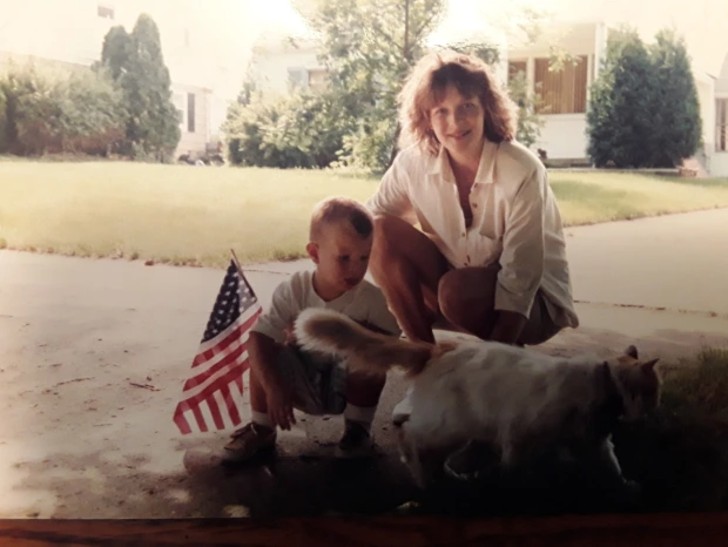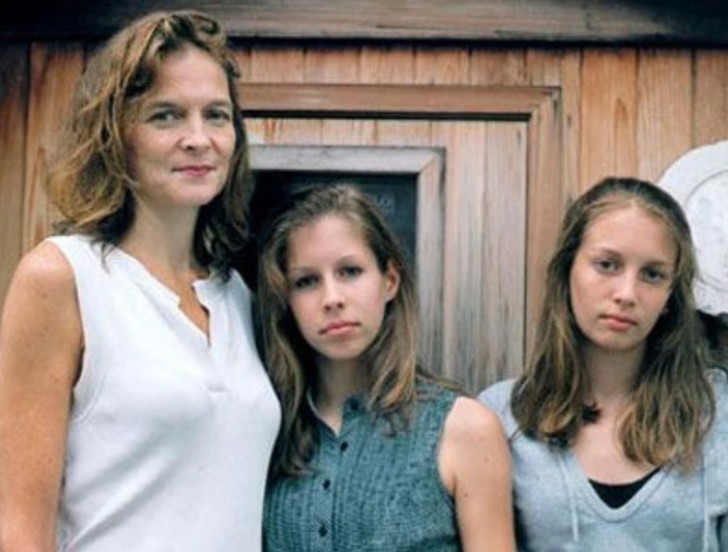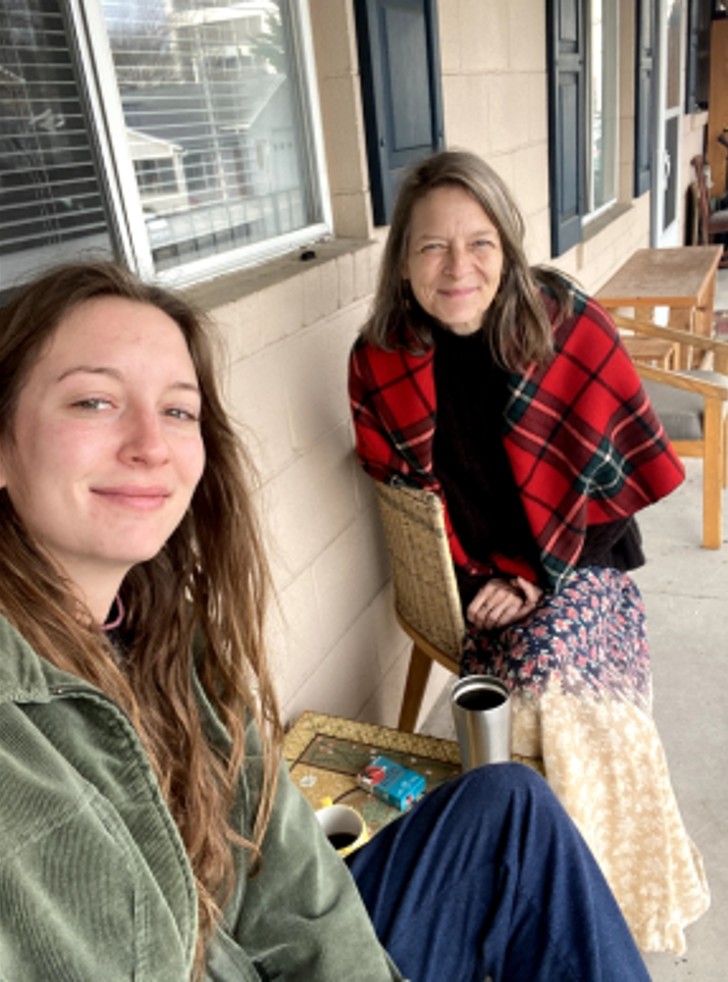«People judge me, but if I were a man, no one would care,» said Maria Housden, 59, who gave up custody of her four children years ago. She only received visitation rights for them on weekends and paid their child support.
Giving up custody of their children would be unthinkable for most women since there are societal impositions in which mothers are the ones who stay with the children and fathers are the ones who visit them. However, Maria Housden prevailed as a woman who gave up custody.
This now 59-year-old woman dreamed of being a mother all her life, but the reality was far from what she had imagined.

María Housden
A mother of four, Maria’s life and marriage came crashing down around her, leaving her to question her entire existence and reach a decision that she’d never considered before.
«Ever since I was a little girl, the first and foremost thing I wanted to do was become a mother,» Maria recounts.
«I have loved being a mother all my life, and now I am a grandmother, which has made me even happier. It’s the best thing I’ve ever done, and I’ve felt that way all along. It’s one of the reasons I think my story is so interesting to people because there are different ways to live out our dreams,» she begins.
Before giving up custody of her children, Maria lived a life that was typical for many women. She became a stay-at-home mom after the arrival of her first child, but her family collapsed with tragedy: her three-year-old daughter was diagnosed with kidney cancer, and a year later, the couple lost the little girl.
«The death of our daughter Hannah was a turning point for me. I had always believed that if you were a good person, bad things wouldn’t happen to you, but when Hannah died, I forced myself to ask questions I had never considered before about the direction of my life,» Maria recounts.
«At first, grieving was an all-consuming process, but eventually it sent me in a more realistic direction in my own life,» she added about the decision she would soon face in her life.

María Housden
Custody of her children
While her daughter’s illness brought the marriage closer together at first, her death eventually took its toll and Maria got a divorce.
As the couple prepared to separate, they faced the inevitable dilemma of how to deal with custody of their children. At the time, Mary admits that she had serious concerns about how she would be able to provide for her three remaining children, Will, Margaret and Madeleine.
«I had been a stay-at-home mom for 11 years. I had no idea how I was going to support myself, let alone my children as a single mother. It was actually my husband who suggested the arrangement we ended up making. He had a steady job and income and suggested that he be the parent to take primary custody.»
While she found the idea horrifying at first, thinking «they would take her children away from her,» she eventually ended up going along with it.

María Housden
«I did what every divorced father is expected to do and not be accused of abandoning their children,» she reaffirmed about her decision to relinquish custody to the father.
«When we divorced, my son was 11 years old, and at that point, he was old enough to be part of the decision and he decided to stay with his father for all kinds of good reasons,» Maria says.
«The most painful part of the experience for our children was the reaction of other parents who were judging the situation from their point of view.»
While Maria expected some disapproval, she by no means expected the amount of backlash she was subjected to. «I never expected everyone to agree with the decision, but I didn’t expect the extreme reaction. I did what every divorced father is expected to do and not be accused of abandoning their children.»
«If my name was Mark instead of Mary, then we wouldn’t be having this conversation,» she says.
The couple reached an agreement whereby Maria would receive visitation every other weekend and then the children would stay with her for the entire summer, allowing her to concentrate on her career as an author.
However, while her decision to relinquish custody of her children certainly allowed her more freedom, she admits it wasn’t easy. «It’s not a decision I would recommend,» she says, «It was more painful than I had originally prepared for.»
«I have no doubt that this was the best decision for us and our family, but not necessarily for everyone.»

